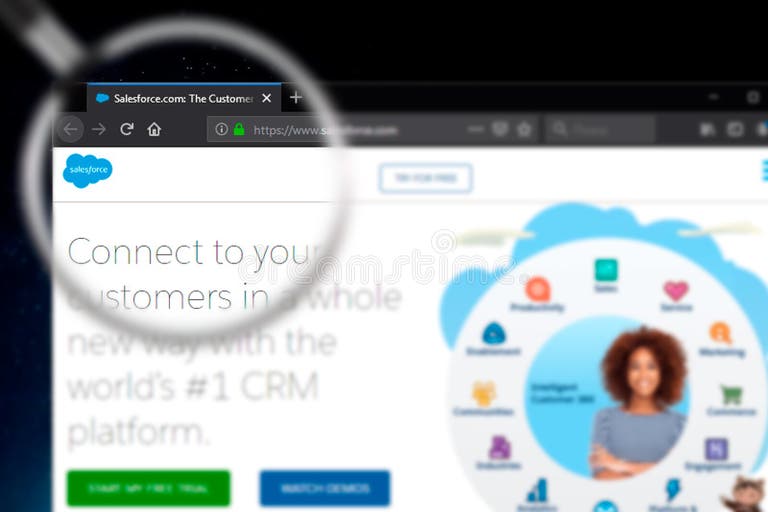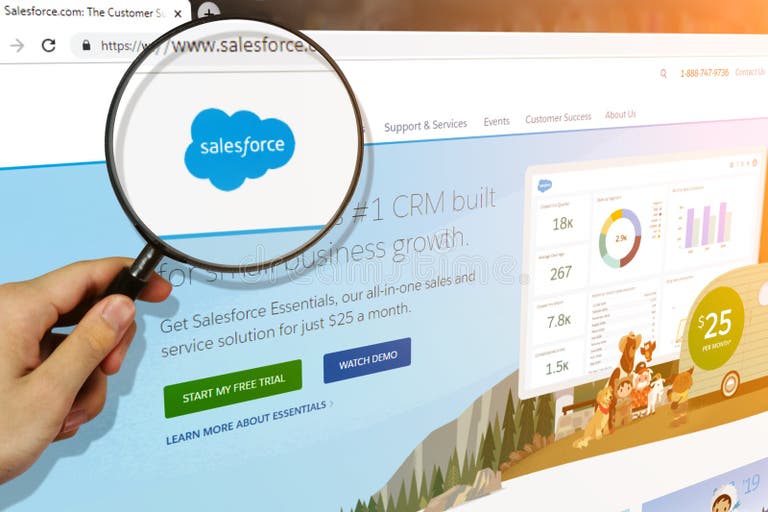Leveraging Artificial Intelligence in Salesforce for Personalized Customer Experiences


Rahmat Olayiwola
Content Writer
Table of content
Introduction
The business landscape that we are in has pushed many businesses into fierce competition and customer expectations are higher than ever. It is becoming increasingly difficult to satisfy everyone’s needs or to even predict what they would probably need. Companies are turning to cutting-edge technologies to create personalized and seamless customer experiences. At the forefront of this transformation is the integration of Artificial Intelligence (AI) with Salesforce, a dynamic combination that has the potential to revolutionize how businesses engage with their customers. In this article, we will delve into the world of AI-powered personalized customer experiences within the Salesforce ecosystem, exploring the benefits, applications, and strategies for harnessing the full potential of this powerful fusion.
The AI Revolution in Customer Experience
Artificial Intelligence has swiftly evolved from a futuristic concept to a fundamental driver of innovation across industries. In the realm of customer experience, AI is empowering businesses to connect with their customers in more meaningful and tailored ways. Salesforce, a leading Customer Relationship Management (CRM) platform, has recognized the transformative potential of AI and incorporated it seamlessly into its suite of tools.


Understanding AI in Salesforce
AI in Salesforce isn’t about replacing human interaction, but rather enhancing it. Through machine learning algorithms and data analysis, AI can uncover patterns, preferences, and behaviors that would be nearly impossible for humans to decipher in real time. This enables businesses to offer personalized experiences that resonate with customers on a deeper level.
1. Data Analysis and Predictive Insights:
AI-driven algorithms sift through vast amounts of customer data to identify trends and predict future behavior. This information empowers sales and marketing teams to anticipate customer needs and preferences, allowing for more targeted engagement.
2. Personalized Recommendations:
By analyzing past interactions and purchase history, AI can recommend products and services that align with a customer’s preferences. This not only enhances the shopping experience but also increases the likelihood of upselling and cross-selling.
3. Chatbots and Virtual Assistants:
AI-powered chatbots provide instant support to customers, answering queries and offering solutions 24/7. These virtual assistants streamline customer service, reducing response times and ensuring consistent support.
4. Sentiment Analysis:
AI can analyze customer interactions and social media conversations to gauge sentiment. This insight enables businesses to proactively address issues and foster positive experiences.
5. Lead Scoring and Qualification:
AI helps sales teams prioritize leads by assessing their likelihood to convert based on historical data. This ensures that valuable time is spent on leads with the highest potential.
Enjoying the Article?
Sign up For Our Newsletter
The Benefits of AI-Driven Personalization
1. Enhanced Customer Engagement:
Personalized experiences resonate more deeply with customers, fostering stronger connections and increasing engagement. This leads to higher customer satisfaction and loyalty.
2. Improved Conversion Rates:
AI-powered recommendations and targeted marketing efforts increase the chances of conversion by offering customers products and solutions that align with their preferences.
3. Efficient Operations:
Automated processes, like chatbots, reduce the workload on customer service teams, allowing them to focus on more complex issues. This improves efficiency and response times.
4. Data-Backed Insights:
AI provides data-driven insights that help businesses understand customer behavior and preferences on a granular level. This knowledge informs strategic decisions and enhances overall performance.
5. Scalability:
AI-driven processes can handle a high volume of interactions simultaneously, ensuring consistent and personalized experiences even as the customer base grows.


Strategies for Successful Implementation
1. Understand Your Customers:
Before implementing AI in Salesforce, it’s crucial to have a deep understanding of your target audience. Identify their pain points, preferences, and behaviors to tailor AI-driven solutions accordingly.
2. Select the Right AI Tools:
Salesforce offers a variety of AI tools, each suited for specific purposes. Choose the tools that align with your business goals and customer needs. These tools can include Einstein Analytics, Einstein Discovery, and Einstein Bots.
3. Data Quality and Privacy:
AI relies on high-quality data. Ensure that your customer data is accurate, up-to-date, and compliant with privacy regulations to avoid skewed insights and maintain customer trust.
4. Effective Change Management:
Introducing AI-powered solutions requires change within the organization. Provide comprehensive training to employees, highlighting the benefits of AI and addressing any concerns.
5. Continuous Improvement:
AI systems learn and adapt over time. Regularly analyze the performance of your AI-driven processes and refine them to align with changing customer preferences and business objectives.
Embracing the Future of Customer Experiences
As businesses strive to differentiate themselves in a crowded market, the integration of AI in Salesforce for personalized customer experiences is a strategic imperative. The synergy of data analysis, machine learning, and automation offers unprecedented insights and capabilities, enabling businesses to foster meaningful connections with customers.
In a world where customers demand personalized interactions, AI in Salesforce is not just a technological advancement but a pivotal shift in how businesses engage with their audience. By harnessing the potential of AI, companies can transcend generic interactions and create experiences that resonate on a personal level, cultivating customer loyalty and driving growth. As AI continues to evolve, embracing its potential within the Salesforce ecosystem is the key to staying ahead in the ever-evolving landscape of customer experience.
Recent Post
-
20 Jan 2025 BlogEric Emanuel NYC Collaborations A Look at the Brand's Partnerships with Major Sports Teams and Fashion Icons
-
14 Jan 2025 BlogFick Party - Heiße Escort-Ladys
-
13 Jan 2025 BlogNutten Essen - Heißes Escort-Model
-
10 Jan 2025 BlogHuren Essen Sinnliche Damen
-
 12 Oct 2023 BlogHow to Prevent Stock Shortages with Data and Analytics
12 Oct 2023 BlogHow to Prevent Stock Shortages with Data and Analytics
Ready to accelerate your company's brand transformation?
We look forward to getting to know you, talking CX, and (our favorite part) learning how we can make your life easier.











